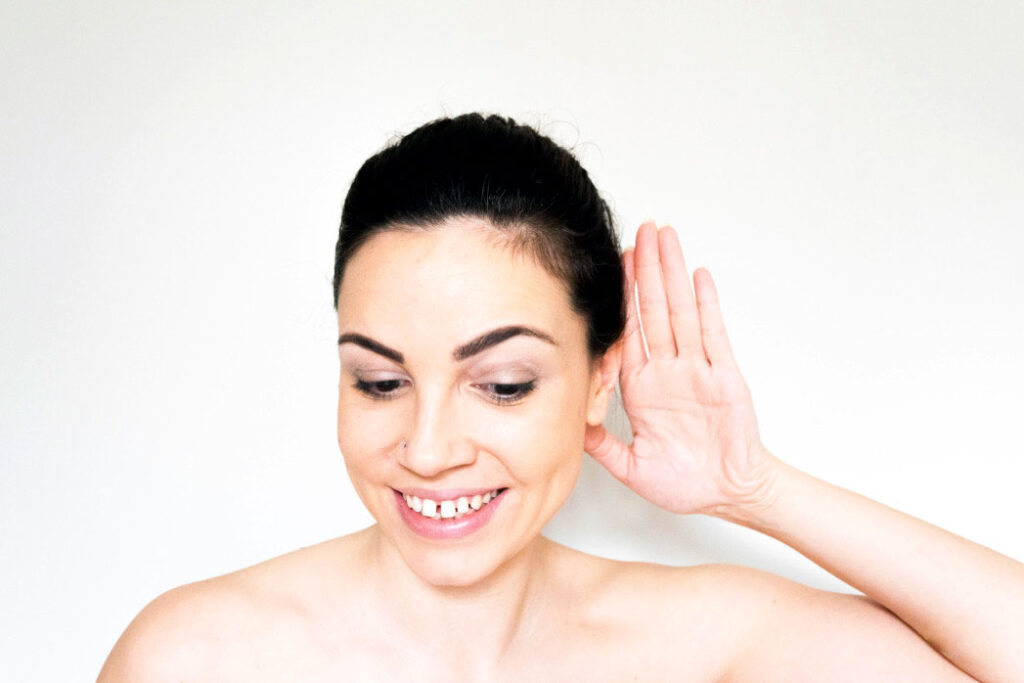
Do you find yourself saying the word “what” a lot to other people? If so, you may require a bit of a boost in regards to hearing. Whether that may be a way to enhance your own listening skills or simply a method to hear a little much better, having a couple of hearing hacks up your sleeve never hurts. While hearing loss, depending upon the severity, can vary from a minor annoyance to something that seriously impedes your capability to function in your day-to-day life, following these hearing hack tips can help.
Hearing loss can drastically alter a person’s life. Luckily, checking out the following hearing hack tips can help make your life a whole lot much easier-all while promoting healthy ears and hearing function.
-
The inverse square law states that by increasing your distance from the sound source, you can lower the strength of the noise by 75 percent. Following this law can help save your hearing when you find yourself in a noisy environment.
-
Make sure you follow the 60/60 guidelines if you love listening to sound through your headphones. To do so, make sure your volume level is no higher than 60 percent of the maximum volume, in which you listen to your music for no longer than 60 minutes to lessen your opportunities of hearing loss.
-
If you find yourself in a situation where you are exposed to sounds higher than 85 decibels, you can help prevent hearing loss by safeguarding your ears with earplugs. If you don’t have any handy, you should purchase a pair of earplugs and keep them on hand. If desired, your local audiologist can assist you by helping you obtain a set of customized earplugs that can be personalized to fit your needs.
-
Think you may be suffering from some degree of hearing loss but are unsure? Online websites and applications can check your hearing ability. While this can never act as a replacement for a hearing care expert, it can help you evaluate your hearing in a comfortable environment. However, if hearing loss is suspected, make sure to schedule an appointment with your local hearing care professional as soon as possible.